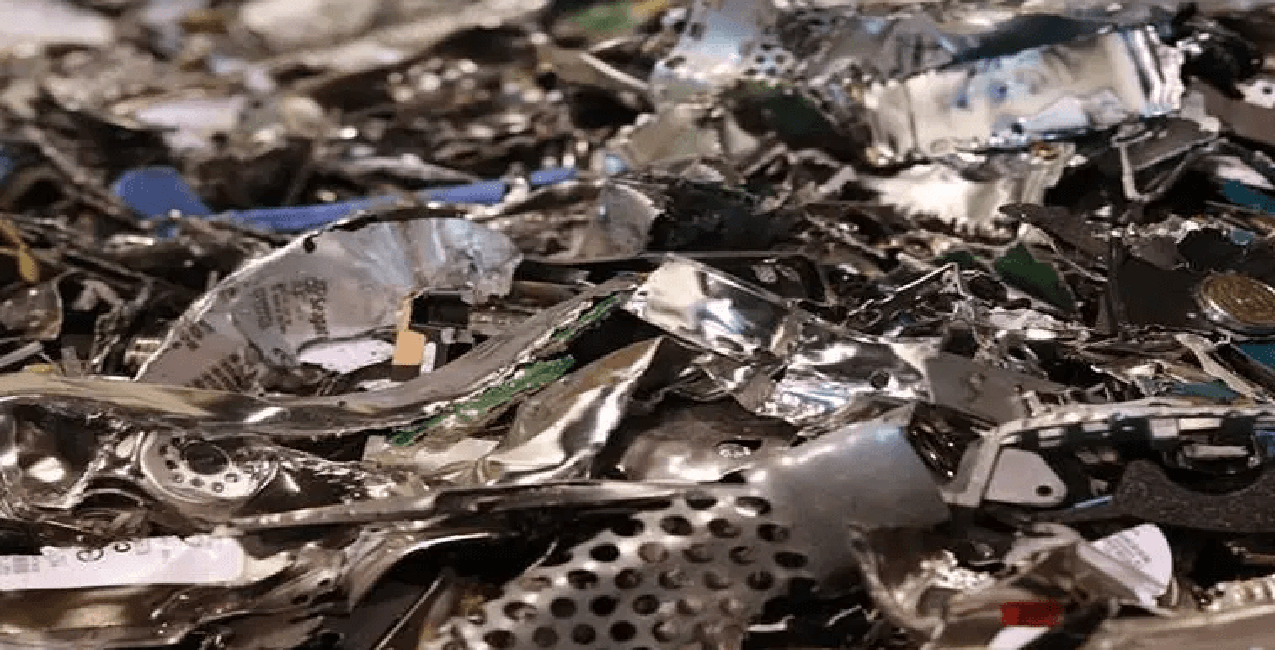- Empty cart.
- Continue Shopping
India puts complete ban on solid plastic waste import
- Posted on
EcoRight
- 0
- Categories: Ban Plastic

For long India has been the dumping ground for solid plastic scrap which includes solid and hazardous e-waste. According to the United Nations Environment Programme, India is the 4th largest importer of the world’s electronic waste most of which is illegally dumped in India.
With the production of nearly 26,000 tonnes of its own plastic waste every day India is dealing with its own plastic crisis. Everything from computers, televisions, phones, and whitegoods are being illegally exported to India.
India has put a complete ban on solid plastic scrap from August 2019. The decision came from the Environment Minister Prakash Javadekar.
However, this is not the first time that India has amended a ban on waste imports. A similar ban was amended in 2015, although it was modified later in 2016 to allow imports from agencies in Special economic zones (SEZ).
The center has already notified six waste management rules in 2016, covering solid waste, plastic e-waste, bio-medical waste, plastic waste, C&D waste, and medical wastes.
A similar ban has been imposed by China in 2018, setting a precedent for India. Until the ban, India and China were on the receiving end of plastic scrap from the UK, US, Japan, Mexico, and Germany. After China announced that it would no longer accept “foreign garbage”, India was viewed as a short term alternative destination to china until the ban in August.
https://www.instagram.com/p/Bz546vbH85J
Check out this document on the assessment of waste exports from Australia in 2018. According to the detailed report by blue environment, strategic environmental consultants, China ranked 4th in the total waste exports from Australia followed by India, Malaysia, and Japan with Vietnam being the largest importer, 88,700 tonnes in December 2018.
With India’s complete prohibition on plastic scrap imports, the move will close the gap between waste generation and recycling capacity and help the country to fulfill its commitment to completely phase out single-use plastics by 2022.
The ban is likely to increase the load on other Asian countries such as Thailand, Malaysia, and Vietnam which are still accepting foreign scrap. Hopefully moves by China and India inspire other Asian countries to ban these as well. Only then will there be a worldwide reduction on waste production.
Waste generation is as big a problem as foreign waste imports. Here are a few tips to go waste-free. Check this link out https://www.ecorightbags.com/5-easy-ways-to-go-plastic-free/







